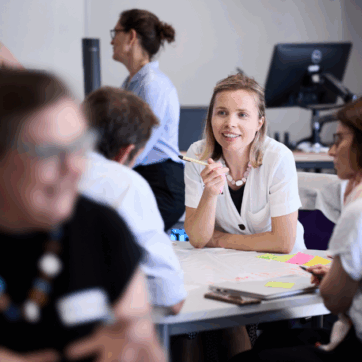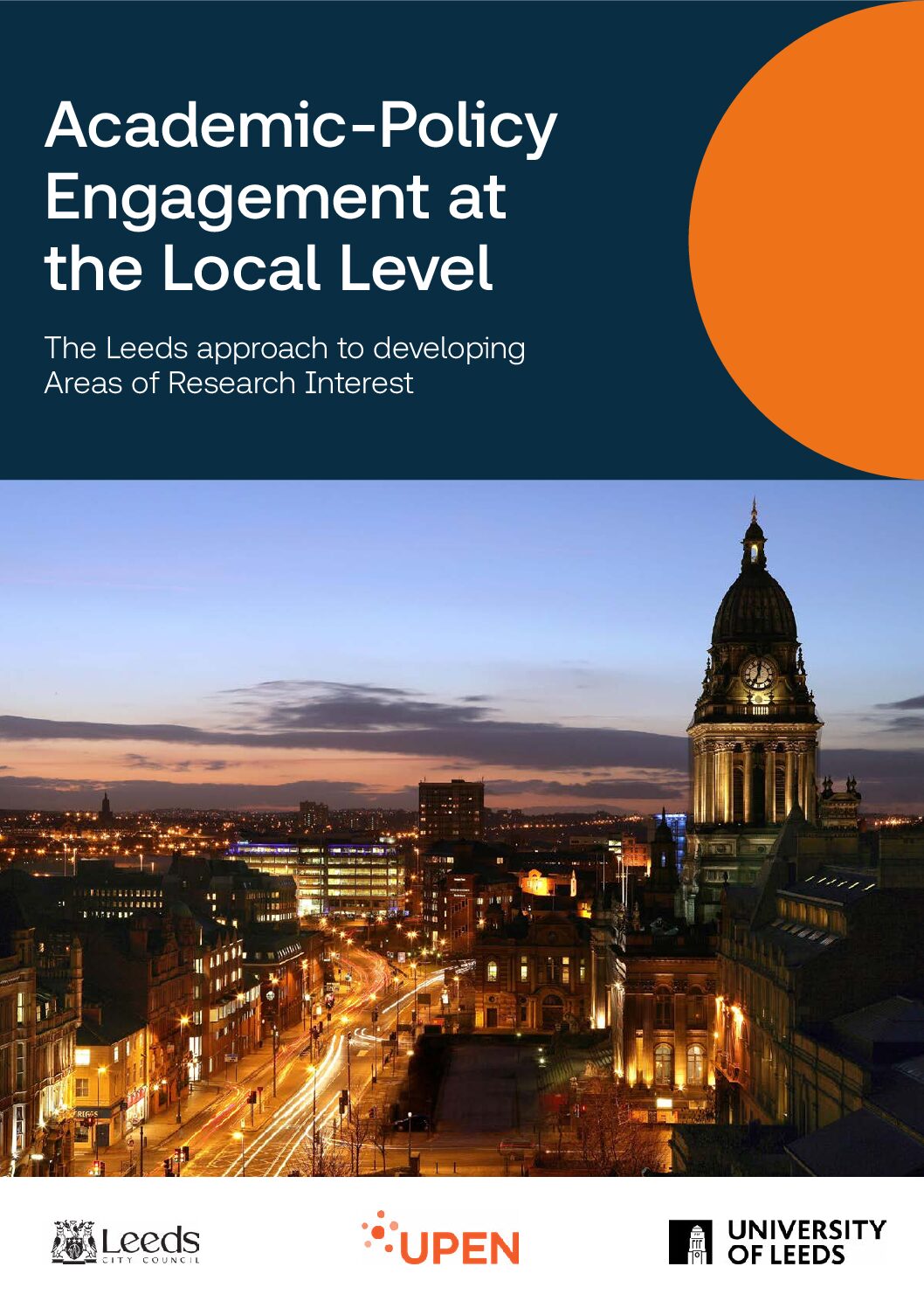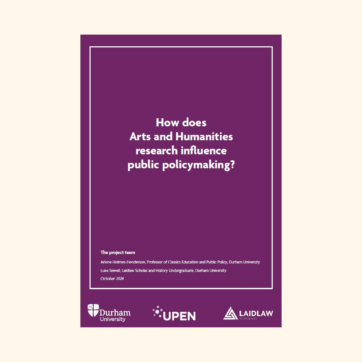Since 2018 Newham Council in London has been pioneering different ways to put residents at the heart of everything it does. Through its Democracy and Civic Participation Commission, Newham has developed an extensive community engagement programme with Community Assemblies, undertaking participatory budgeting in each of the neighbourhoods, establishing itself as a national leader in health and youth participation, as well as running the UK’s first permanent Citizen’s Assembly.
Despite the challenges on the system caused by the pandemic, Newham has created opportunities to mobilise residents to develop activities together to help each other and improve their neighbourhoods in and out of the pandemic. Newham has worked with its partners to support local communities to do that, notably through Help Newham and the Social Welfare Alliance. The Alliance is driven by a cross sector project team, which includes members from the voluntary and community sector, who support all frontline workers with information and referral pathways for residents around income maximisation, immigration support and advice, early years, housing issues and much more.
Building on these successes, this CAPE fellowship was designed to explore the following question: how can Newham increase engagement and widen participation of marginalised residents in policy making on issues that matter most to them?
Why is work still needed?
The lack of involvement from certain sections of the community in policymaking can be the result of apathy, inappropriate engagement tools and techniques, and inadequate systems and structures to effectively support participation and empower marginalised communities have their voices heard. These may be reflective of organisational culture rather than the people per se.
How the CAPE Fellowship is supporting engagement with marginalised groups
There are numerous ways to help overcome the challenges of involving marginalised communities in policy making at the disposal of local government and organisations. There are many ways to increase inclusive engagement and participation. Relationship-building is the first step leading to culturally nuanced and context-specific ways of doing policy making that should be agile and makes sense to everyone and recognises that some individuals/communities might opt not to get involved. The policy lab has generated and shared innovative ways to address these and other problems.
Newham Council Policy Lab
The Newham Council Policy Lab was established as part of the CAPE Fellowship for policy officers and interested stakeholders to discuss, debate and discover solutions to common challenges in engaging marginalised communities in policymaking. It focuses particularly on the following:
- helping people develop their skills in open & participative policy making
- understanding the challenges and building capacity in doing co-production and co-creation
- amplifying the impact of participative policy making
- testing opportunities to better embed participation
- evaluating & developing new models to embed participative policy making
So far, the Policy Lab has convened members and guest speakers to share their insights on innovations to engage marginalised communities in policy making. We’ve heard from Waltham Forest Council and Islington Council who shared their experiences of co-designing and running highly successful borough-wide public engagement strategies through partnerships with the voluntary and community sector to better connect with marginalised communities. They have also used creative research methods borrowed from the social sciences to empower and co-create knowledge with residents.
Newham Council shared their challenges of engaging the public in Scrutiny Groups and reversely building co-production skills and techniques with elected members in order to better enhance their deliberation and evidence-based decision-making capabilities. Newham also shared insights into the challenges of establishing and delivering an inclusive and representative Citizens Assembly that can be organically renewed.
Southwark Council shared insights on the institutional challenges of creating the infrastructure and scaffolding to do effective participatory policy making with marginalised communities against competing organisational pressures.
As such, the Newham Council Policy Lab is helping to build our shared understanding of innovations on what works, and what works less well, for our uniquely positioned organisations and practices. What is clear to us is that members of the community of practice are benefiting from this exchange dialogue:
“It was lovely to join the policy lab session today and to hear about the interesting work that you are starting with demonstrator projects, and I look forward to seeing how that progresses”
Aklima Begum, London Gov UK
“Thanks for the opportunity to share our learning at this event”
Joanne Stapleton, Outreach Specialist, Age UK Camden
“I’m enjoying attending the sessions you are running with Noel Hatch on community participation – you facilitate the sessions really well”
Linda Damerell, tapestry-innovation
Our next step in the Policy Lab was to identify five demonstrator projects. These demonstrator projects will serve as ‘live’ experiments, set to address a range of problems of engaging residents in the policy-making process, to which everyone can connect.
Demonstrator projects: sharing best learning on involving residents in policy making
The goal of the five demonstrator projects developed from the Policy Lab is to experiment, and in turn to share learning from real-world innovations on how best to involve marginalised residents in policy making. Intended to stimulate and steer the discussion in future Policy Labs, the demonstrator projects will also form case studies for the Newham Council Participation Academy Business Case.
We are running a range of demonstrator projects to help exemplify the different ways of undertaking policy making with marginalised communities. We have selected demonstrator projects that reflect various engagement methods, approaches and cover different stages of resident’s engagement and participation that eloquently captures the spectrum of people, places, and programmes used to widen inclusive policymaking with and by marginalised residents.
What will the demonstrator projects investigate?
1. The Community Chest
The Community Chest is for social prescribing in Newham and other boroughs in Northeast London. The Community Chest will provide grants to voluntary and community sector groups in the Southeast of London involved in delivering social prescribing services and activities within the borough. The Community Chest explicitly aims to support those organisations best placed to tackle local health inequalities through social prescribing.
2. eDemocracy
The eDemocracy demonstrator project is being run by Northumbria University and will develop a taxonomy of online deliberation platforms created to help policymakers navigate the field. It will identify how these platforms might support their efforts in participatory policymaking.
3. Residents’ Charter
Newham Council is co-producing a Residents’ Charter as their demonstrator project. It is a co-designed research piece which engages residents and frontline staff to identify how the Council can best improve the resident experience when interacting with the Council.
4. ‘Squaring the feedback loop’
The ‘squaring the feedback loop’ demonstrator project is a communication initiative underway by Islington Council. It aims to generate more accessible, inclusive policies by ensuring residents are at the front-and-centre of the policy design process by upskilling residents in research and policy-design processes leading to greater community empowerment.
5. Innovation Districts and Placemaking
The Innovation Districts and Placemaking demonstrator project is run by the Pontiac Holonomy Incubator. They are involved in a one-billion-dollar brown belt urban regeneration programme focused on the old car manufacturing capital and transport hub in Detroit and Pontiac, Michigan. The Incubator will share insights from their bottom-up co-design process with marginalised residents on navigating and negotiating Public Private Partnerships in order to have their voices heard in this placemaking project.

Personal reflections on the Fellowship
The inherent value of the CAPE Fellowship can be taken literally and figuratively. Literally, Newham Council has benefited from the thought leadership and the convening skills of the Fellowship to engage, network and connect individuals/organisations on the theme/topic of policy making with marginalised residents. This is a craft and not just a role. The facilitated space has not only been timely coming out of the pandemic, but the discussions and conversations have been solution-focused and intent on enabling members to talk openly and share their stories of success and failure in their journeys of doing participative democracy.
Figuratively speaking – and totally unscripted to my amazement – I believe in our frank and thorough discussions has arguably given greater confidence and freedom for members to think creatively and ask themselves why their own organisations cannot do more in the way of doing policy making with marginalised sections of the community. Evident in the policy lab series is that the Fellowship has been of service to marginalised communities far beyond the borders of Newham.
How to get involved
You can get involved in future Policy Labs and share from the learning from each of the five demonstrator projects by registering for the Policy Lab sessions below. Anyone interested is welcome to join.
You can learn more about the demonstrator projects by joining future Policy Labs on the following dates, or for more information, contact Dr Darren Sharpe.
About CAPE
Capabilities in Academic Policy Engagement (CAPE) is a knowledge exchange and research project funded by Research England from 2020-2024, which has been exploring how to support effective and sustained engagement between academics and policy professionals. The project is a partnership between UCL and the Universities of Cambridge, Manchester, Northumbria and Nottingham in collaboration with the Government Office for Science, the Parliamentary Office for Science and Technology, Nesta and the Transforming Evidence Hub.
About CAPE case studies
CAPE case studies have been written by academics and policy partners on the CAPE project as reflections on their experience of undertaking academic policy engagement. The case studies include explorations of academic placements in policy organisations and vice versa (called Policy Fellowships), partnerships between universities and policy organisations, and collaborative projects between academics and policy partners.


